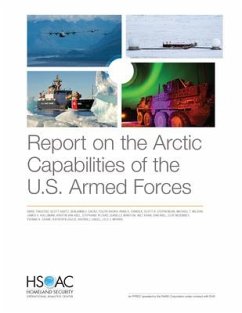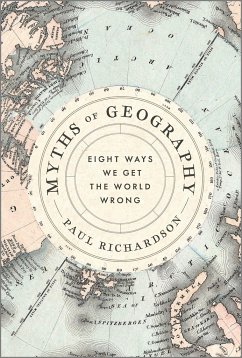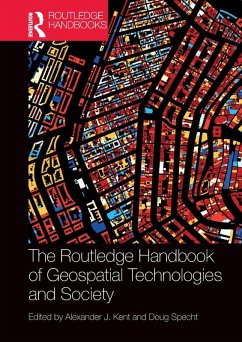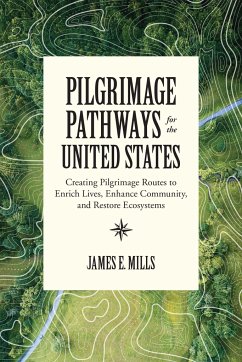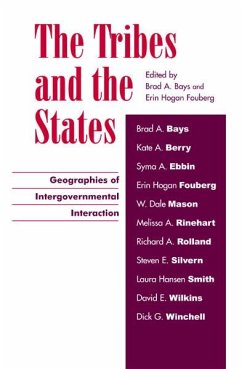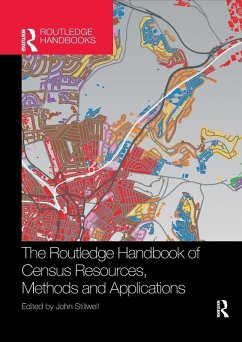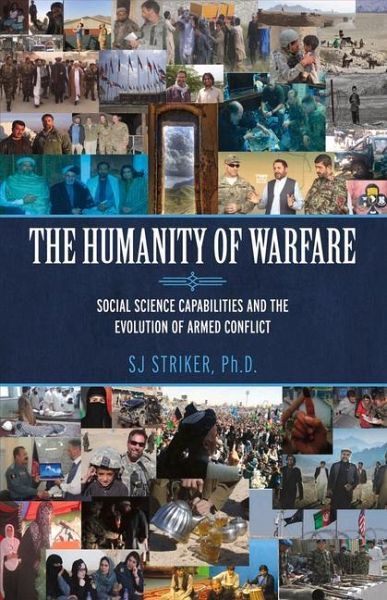
The Humanity of Warfare: Social Science Capabilities and the Evolution of Armed Conflict Volume 1
Versandkostenfrei!
Versandfertig in über 4 Wochen
12,99 €
inkl. MwSt.

PAYBACK Punkte
6 °P sammeln!
ABSTRACT The Humanity of Warfare: Social Science Capabilities and the Evolution of Warfare addressees the changing nature of conflict and the new focus represented in the Counter-insurgency (COIN) doctrine. Now that the population's welfare is placed at the center, understanding the populations and social dynamics becomes critical. Military commanders and the population's welfare are inextricably intertwined and victory now depends upon the success of this paradigm-shifting doctrine. This book takes a penetrating look at the socio-cultural enablers, subject matter experts and social scientists...
ABSTRACT The Humanity of Warfare: Social Science Capabilities and the Evolution of Warfare addressees the changing nature of conflict and the new focus represented in the Counter-insurgency (COIN) doctrine. Now that the population's welfare is placed at the center, understanding the populations and social dynamics becomes critical. Military commanders and the population's welfare are inextricably intertwined and victory now depends upon the success of this paradigm-shifting doctrine. This book takes a penetrating look at the socio-cultural enablers, subject matter experts and social scientists who assist the military in understanding the indigenous culture and populations they hope to serve and protect. Throughout the course of the book the reader gains an understanding of how the Social Scientist can help the military understand the key socio-cultural issues, dynamics, and leaders necessary to achieve success. Chapter two demonstrates specific examples of relevant socio-cultural products that have greatly enhanced the military's ability to interact successfully with the population of Afghanistan. Chapter three informs the respective commanders on how to best enable their socio-cultural team with specific needs and requirements. Chapter four demonstrates the critical skills, education, and abilities socio-cultural team members must have to be successful in a conflict environment. Chapter five reveals peacetime socio-cultural capabilities designed to inform and prepare military commands by bringing the unique perspectives, analysis, and socio-cultural expertise into their processes to create the most culturally prepared deploying unit as humanly possible before deployment. In short, to fully exploit the socio-cultural capability with the goal to protect lives within vulnerable populations and the occupying soldiers, and achieve objectives.



